April 8, 2020 by Adrienne Sylver
Healthcare 2018: Top Advances in Prevention, Treatments

Throughout 2017, we’ve chronicled advances in prevention and treatment at Baptist Health South Florida, sometimes reflecting national trends in the ongoing fight against serious illnesses, cancers, the opioid epidemic and other chronic conditions. These advances are poised to help patients in 2018 and beyond, from gene therapies for treating cancers, or genetic testing to help prevent the onset of diseases, to new vaccines and procedures that cover cardiovascular health, neuroscience, orthopedics and the immune system.
Below are excerpts from some of the Baptist Health advances covered by Resource and Salud blogs these past 12 months — as we look ahead to another breakthrough year.
Cancer and Genetics:
Gene Therapy: New Cancer-Fighting Era Gets FDA Boost
 Gene therapy – a quickly evolving new frontier in the fight against cancer – has advanced another crucial step with the approval by the U.S. Food and Drug Administration (FDA) this month of a treatment that reprograms a person’s own immune system into destroying cancerous cells.
Gene therapy – a quickly evolving new frontier in the fight against cancer – has advanced another crucial step with the approval by the U.S. Food and Drug Administration (FDA) this month of a treatment that reprograms a person’s own immune system into destroying cancerous cells.
The FDA greenlighted a treatment called Yescarta, which is aimed at adults with a certain type of blood cancer called “diffuse large B-cell” lymphoma. It is also the first gene therapy for certain types of non-Hodgkin lymphoma (NHL). “It’s an exciting beginning to a new therapy approach that is expanding very fast,” says Guenther Koehne, M.D. Ph.D., chief of Blood & Marrow Transplantation and Hematologic Oncology at Miami Cancer Institute.
Read more.
Cancer Prevention and Genetic Testing: Deciphering the Facts
 Do you have a history of breast cancer in your family? That’s a question that many women cannot answer concisely, if at all.
Do you have a history of breast cancer in your family? That’s a question that many women cannot answer concisely, if at all.
At Miami Cancer Institute, certified genetic counselors and a physician clinical geneticist help individuals understand the complexities and potential benefits of genetic testing. They also clarify how the results can be used in a treatment plan or to prevent cancer from developing. The Miami Cancer Institute operates the Division of Clinical Genetics, which is part of its Center for Genomic Medicine.
Developments in the genetics realm of cancer research is breaking at a rapid pace. Just this month, researchers from 300 institutions around the world announced the discovery of 72 previously unknown gene mutations that can lead to the development of breast cancer.
Read more.
Cancer Treatment:
Gel Reduces Side Effects of Radiation Therapy for Prostate Cancer (Video)
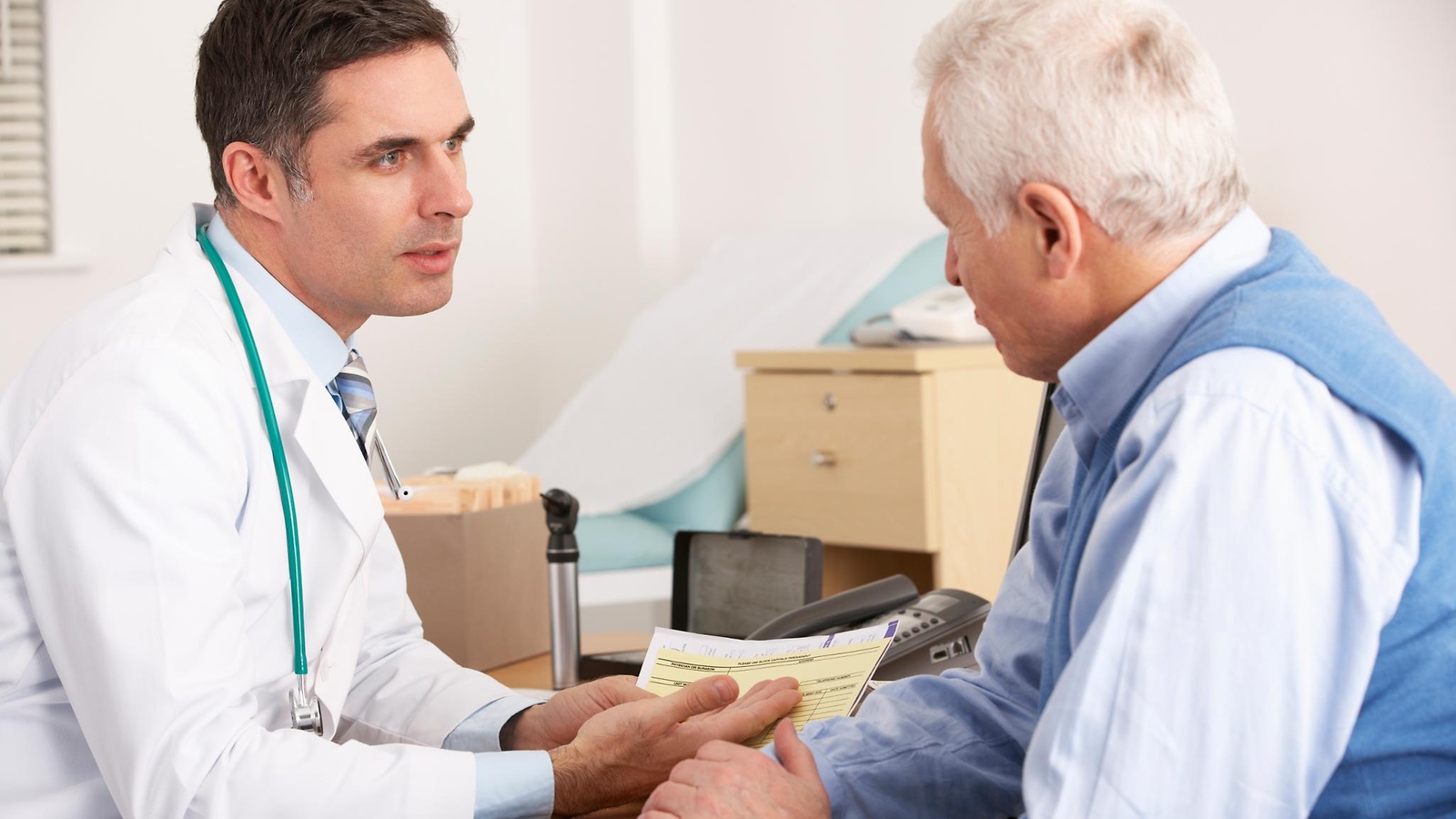 For the thousands of men treated with radiation therapy for prostate cancer each year, a new procedure is providing a lot of relief. Marcio Fagundes, M.D., medical director of radiation oncology at Miami Cancer Institute, is the first certified physician in South Florida to use a soft gel-like material, called SpaceOAR, to lessen the side effects some prostate cancer patients experience because of radiation.
For the thousands of men treated with radiation therapy for prostate cancer each year, a new procedure is providing a lot of relief. Marcio Fagundes, M.D., medical director of radiation oncology at Miami Cancer Institute, is the first certified physician in South Florida to use a soft gel-like material, called SpaceOAR, to lessen the side effects some prostate cancer patients experience because of radiation.
Using the gel for prostate cancer patients was approved by the Food and Drug Administration in 2015, and Dr. Fagundes was one of the first physicians in the U.S. trained to implant it. He has since treated more than 300 patients and teaches other physicians on its use, making him a leader nationwide in this type of treatment.
Read more.
Cardiovascular Treatment:
Tiny Heart Pump, Specialized Care Saved His Life
 Miguel Machin, 48, says he owes his life to a collaborative effort by specialized physicians and nurses at Miami Cardiac & Vascular Institute at Baptist Hospital that began soon after he entered the ER with a 170 beats-per-minute heart rate.
Miguel Machin, 48, says he owes his life to a collaborative effort by specialized physicians and nurses at Miami Cardiac & Vascular Institute at Baptist Hospital that began soon after he entered the ER with a 170 beats-per-minute heart rate.
Leading Mr. Machin’s treatment was Ramon Lloret, M.D., an interventional cardiologist at Miami Cardiac & Vascular Institute, part of Baptist Health South Florida. “His heart was in very poor shape, but because of his morbid obesity and other conditions including kidney failure, he was not a candidate for a heart transplant,” says Dr. Lloret, whose team opted to restore proper blood flow in Machin’s heart with the help of an Impella, the world’s smallest heart pump (illustration at left).
Read more.
Miami Cardiac & Vascular Institute: Innovating with Philips (Video)
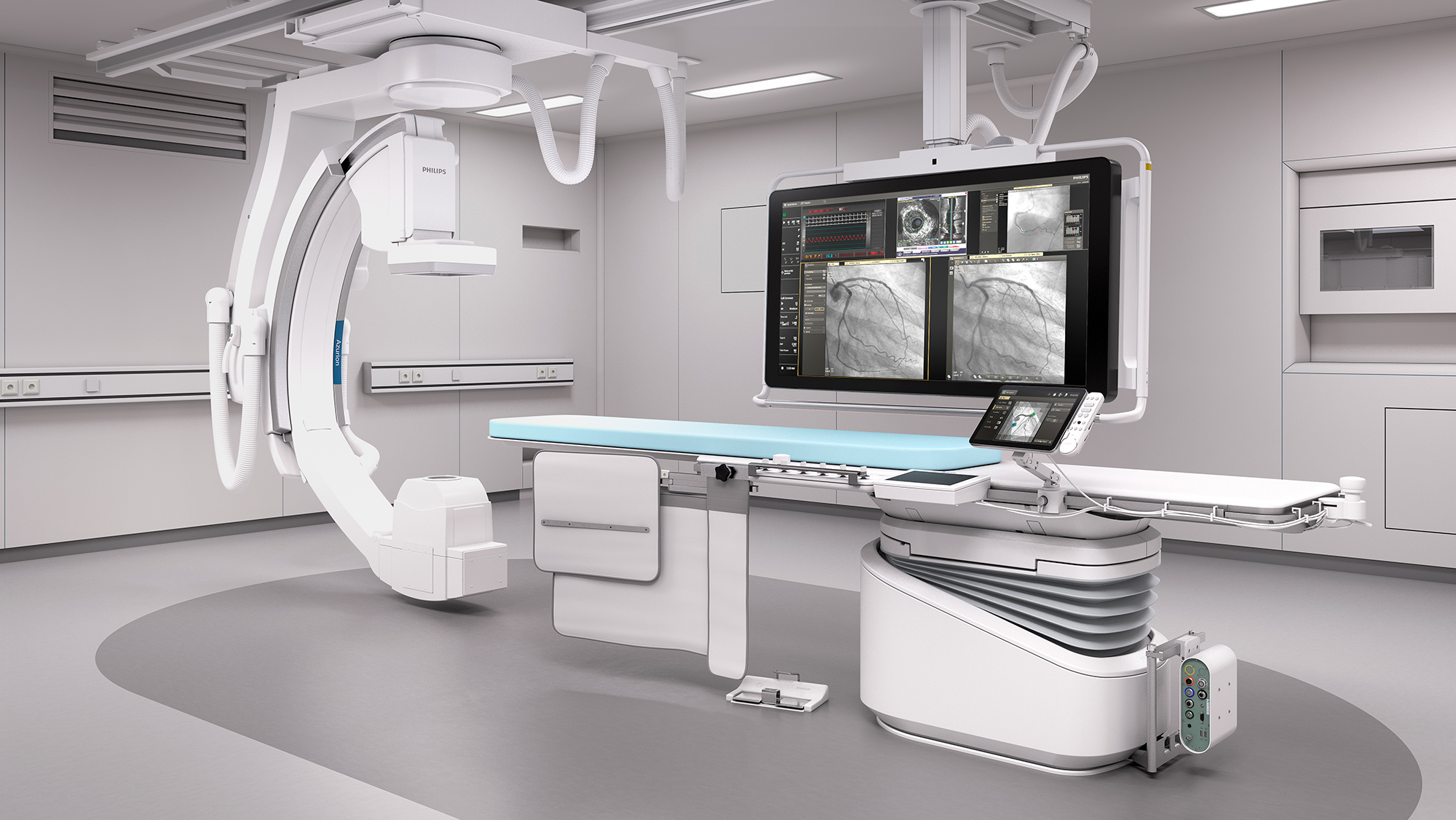 Miami Cardiac & Vascular Institute and Philips, a worldwide leader in health technology, announced the global launch of Azurion, an image-guided therapy platform. Azurion allows clinicians to perform a wide range of routine and complex procedures, helping them to optimize interventional lab performance and improve patient outcomes.
Miami Cardiac & Vascular Institute and Philips, a worldwide leader in health technology, announced the global launch of Azurion, an image-guided therapy platform. Azurion allows clinicians to perform a wide range of routine and complex procedures, helping them to optimize interventional lab performance and improve patient outcomes.
Baptist Health South Florida has collaborated as a global partner with Philips for nearly seven years in the development of the Azurion platform.
“For over 30 years, we’ve pioneered minimally-invasive treatments that help our patients get back to their daily lives,” said Barry T. Katzen, M.D., founder and chief medical executive of Miami Cardiac & Vascular Institute.
Read more.
Infectious Diseases and Vaccinations:
Shingles, Flu and You: What to Know About Adult Vaccines
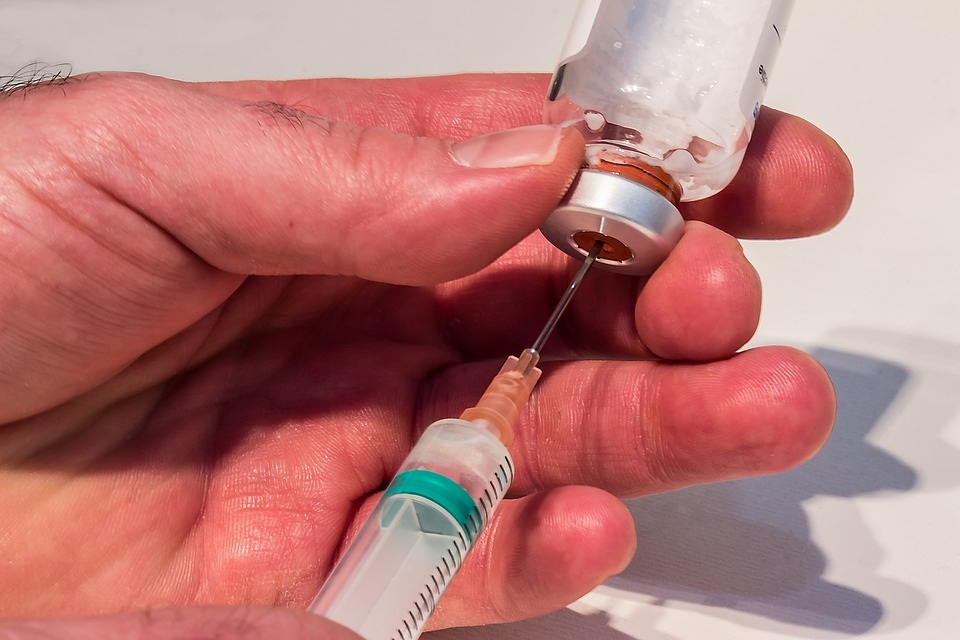 When the first new shingles vaccine in 10 years was approved by the U.S. Food and Drug Administration (FDA) earlier this fall, the Advisory Committee on Immunization Practices (ACIP) recommended it be used instead of the existing one because it’s more effective, according to research published in the New England Journal of Medicine (NEJM).
When the first new shingles vaccine in 10 years was approved by the U.S. Food and Drug Administration (FDA) earlier this fall, the Advisory Committee on Immunization Practices (ACIP) recommended it be used instead of the existing one because it’s more effective, according to research published in the New England Journal of Medicine (NEJM).
And – for the first time – the recommendation includes adults ages 50 through 59 among those who should be vaccinated against the virus.
“This new vaccine will help in primary care a lot,” said Nathalie Regalado, M.D., an internal medicine physician with Baptist Health Primary Care in Pinecrest, Fla. “It’s become more common in recent years for us to see a disproportionate number of younger patients with singles, many in their 40s.”
Read more.
Homestead Hospital Pioneering HIV Awareness
 Last year, Homestead Hospital implemented routine screening for HIV and hepatitis C (HCV) for all patients treated in the emergency department who require blood work, unless they decline. Out of the more than 5,000 patients who have been screened to-date, 72 HIV positive and more than 200 HCV positive individuals have been identified. Through a partnership with the Florida Department of Health, these patients are immediately linked to care and treatment.
Last year, Homestead Hospital implemented routine screening for HIV and hepatitis C (HCV) for all patients treated in the emergency department who require blood work, unless they decline. Out of the more than 5,000 patients who have been screened to-date, 72 HIV positive and more than 200 HCV positive individuals have been identified. Through a partnership with the Florida Department of Health, these patients are immediately linked to care and treatment.
“It was important for us to do this because of the high volume of patients we treat in the emergency room and a high incidence of HIV in this community,” said Bill Duquette, chief executive officer of Homestead Hospital.
The HIV epidemic in the United States continues to be a major public health crisis. An estimated 1.2 million Americans are living with HIV and one out of five don’t know they have it, according to the U.S. Centers for Disease Control and Prevention (CDC).
Read more.
Neurosurgery:
Brain-Implanted Device Helps Ease Seizures (Video)
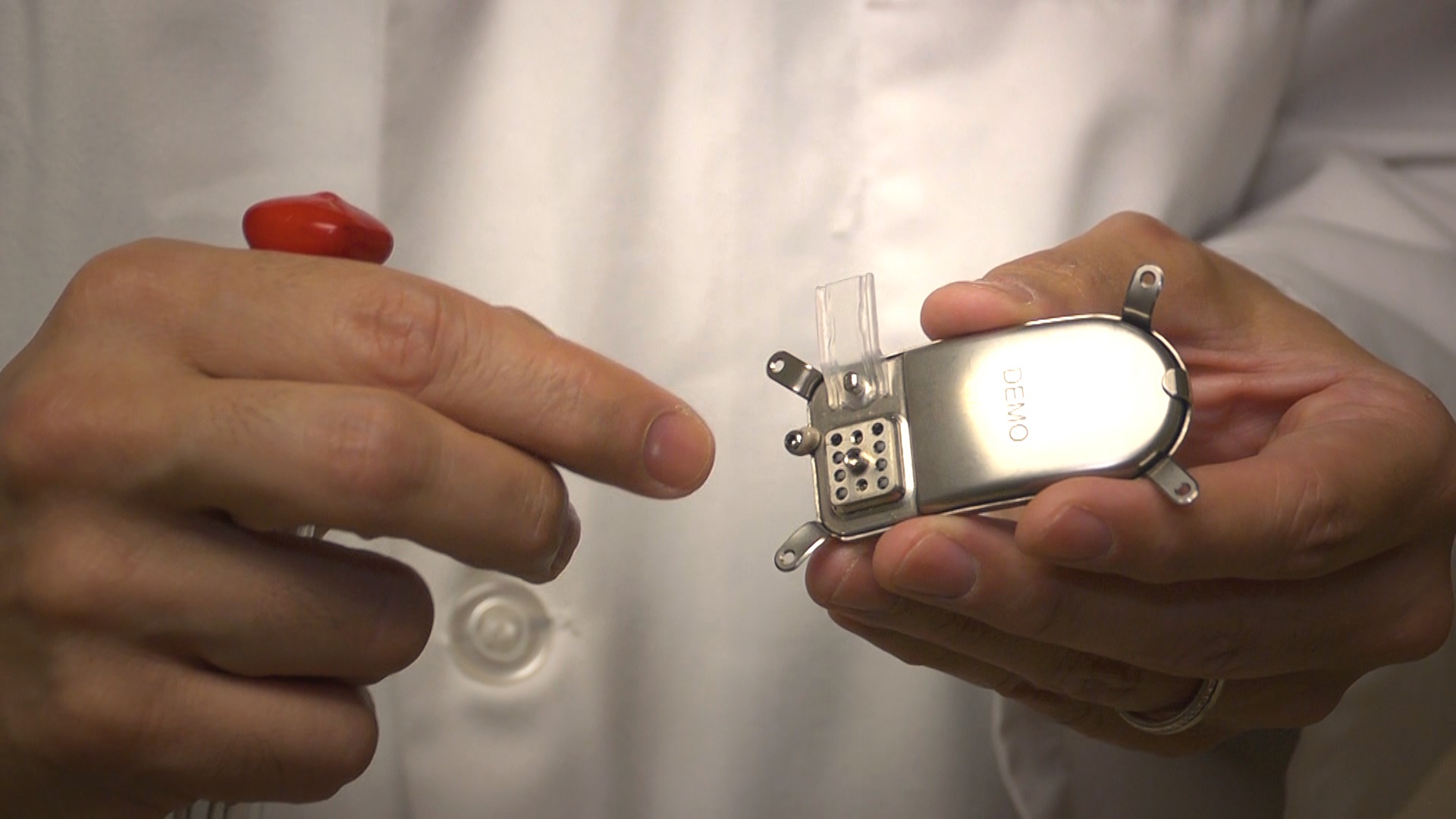 A small device manufactured in Silicon Valley, referred to as the RNS System, can monitor and respond to brain activity, somewhat like a pacemaker responds to heart rhythms.
A small device manufactured in Silicon Valley, referred to as the RNS System, can monitor and respond to brain activity, somewhat like a pacemaker responds to heart rhythms.
On September 28, the first “responsive neurostimulation” device (or RNS) was implanted at Baptist Hospital in Miami for the management of refractory epilepsy.
The patient, Fernando Esguerra, 29, from Bogota, Colombia, was very young when he had a tumor removed from his brain. Since that procedure, Fernando has suffered from seizures daily. In Fernando’s case, RNS is the best course to treat his seizures. That’s because he is considered a refractory patient who has failed to respond to two or more medications.
Read more.
Opioid Addiction:
Curbing the Opioid Epidemic
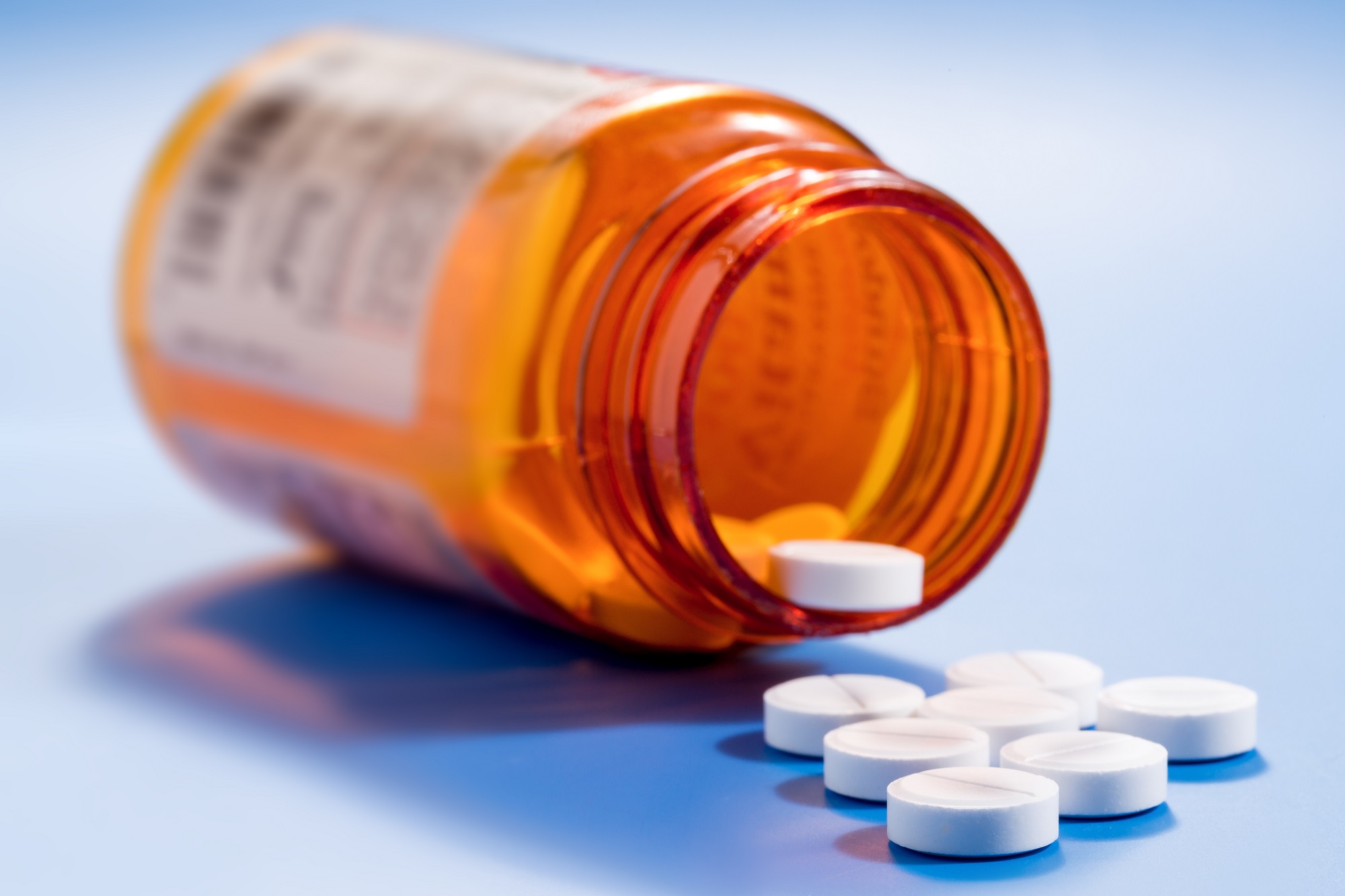 When Florida Governor Rick Scott declared the state’s opioid epidemic a public health emergency in May, many in healthcare applauded. That’s because across Florida – much like throughout the entire United States – opioid-related overdoses and deaths have increased exponentially in recent years.
When Florida Governor Rick Scott declared the state’s opioid epidemic a public health emergency in May, many in healthcare applauded. That’s because across Florida – much like throughout the entire United States – opioid-related overdoses and deaths have increased exponentially in recent years.
As those numbers continue to increase, doctors have taken notice and have been looking at their role as prescribers of some of those commonly used painkillers. Patients play an important role as well. “We are definitely more hesitant than we were a few years ago to prescribe opioids for pain relief,” said Andrew Forster, M.D., a primary care doctor with Baptist Health Primary Care, Miami Beach.
Read more.
Emergency Departments on Front Line of Opioid Epidemic (Video)
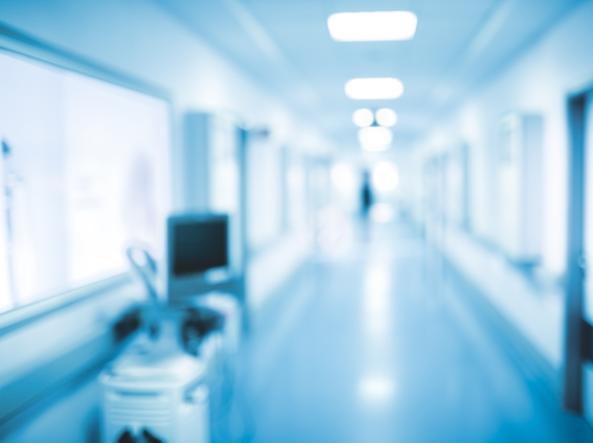 A presidential announcement Thursday declared a U.S. public health emergency because of the hundreds of people who are dying daily from overdoses involving opioids. Joseph Scott, M.D., ER medicine physician at West Kendall Baptist Hospital, says the problem is chronic and widespread.
A presidential announcement Thursday declared a U.S. public health emergency because of the hundreds of people who are dying daily from overdoses involving opioids. Joseph Scott, M.D., ER medicine physician at West Kendall Baptist Hospital, says the problem is chronic and widespread.
“Emergency Departments in general are facing an increasing number of patients who are either accidental or purposeful overdoses from opioids,” said Dr. Scott, who is chair and medical director of emergency medicine at West Kendall Baptist Hospital. “It can be pain medication, heroin or a very powerful man made concoction.”
Read more.
Orthopedic Care:
Expanding Use of Plasma Injections in Orthopedic Care (Q&A)
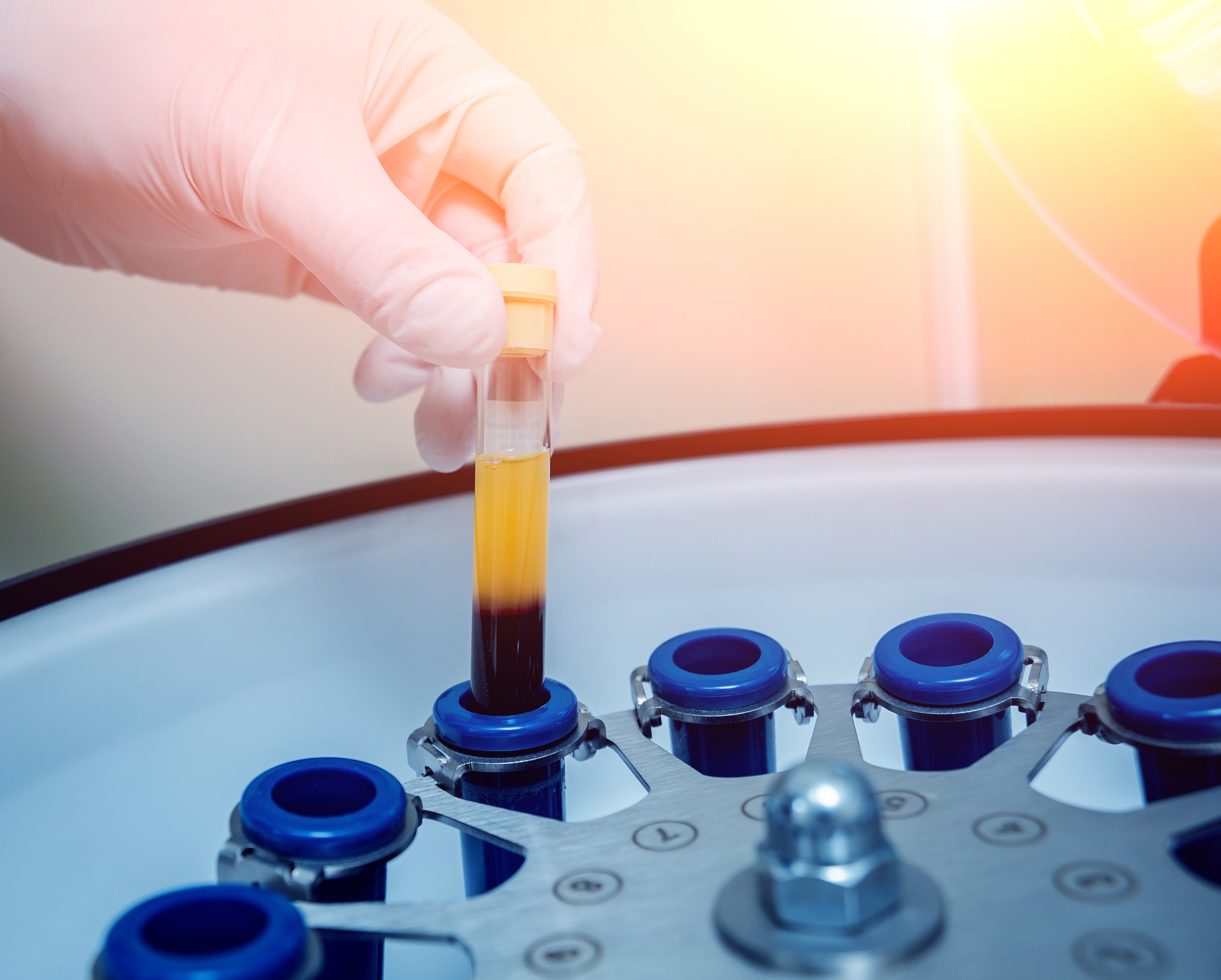 Laboratory studies have shown that PRP injections can speed up the healing process and regenerate tissue, but this treatment is still considered experimental. And since it’s an experimental procedure, it is not covered by all insurance policies.
Laboratory studies have shown that PRP injections can speed up the healing process and regenerate tissue, but this treatment is still considered experimental. And since it’s an experimental procedure, it is not covered by all insurance policies.
Michael Swartzon, M.D., sports medicine physician with Miami Orthopedics & Sports Medicine Institute, is treating select patients with PRP injections and is optimistic about their broader use as longer-term studies provide more clarity. “We are hoping that the PRP treatment provides a permanent cure (but) it is uncertain if that is the case,” says Dr. Swartzon. “We are seeing a majority of patients report significant improvement after PRP treatment, but we are not sure how long it will last.”
Read more.
Anti-Gravity Treadmill Helps Patients Bounce Back (Video)
 If you’ve ever had an injury that made it difficult to walk, you may have discovered that putting weight on your bad foot or leg is much easier if you’re standing in a pool. That’s because the buoyancy of the water supports most of the body’s weight and counteracts the effects of gravity. Less weight on the injured limb means less stress on the joints, which translates to less pain.
If you’ve ever had an injury that made it difficult to walk, you may have discovered that putting weight on your bad foot or leg is much easier if you’re standing in a pool. That’s because the buoyancy of the water supports most of the body’s weight and counteracts the effects of gravity. Less weight on the injured limb means less stress on the joints, which translates to less pain.
A special anti-gravity treadmill at Miami Orthopedics & Sports Medicine Institute’s outpatient rehabilitation center in Coral Gables essentially does the same thing, and more — not with water but compressed air.
Read more.
Stroke Intervention:
Clot-Busting Drug Stops A Stroke In Its Tracks
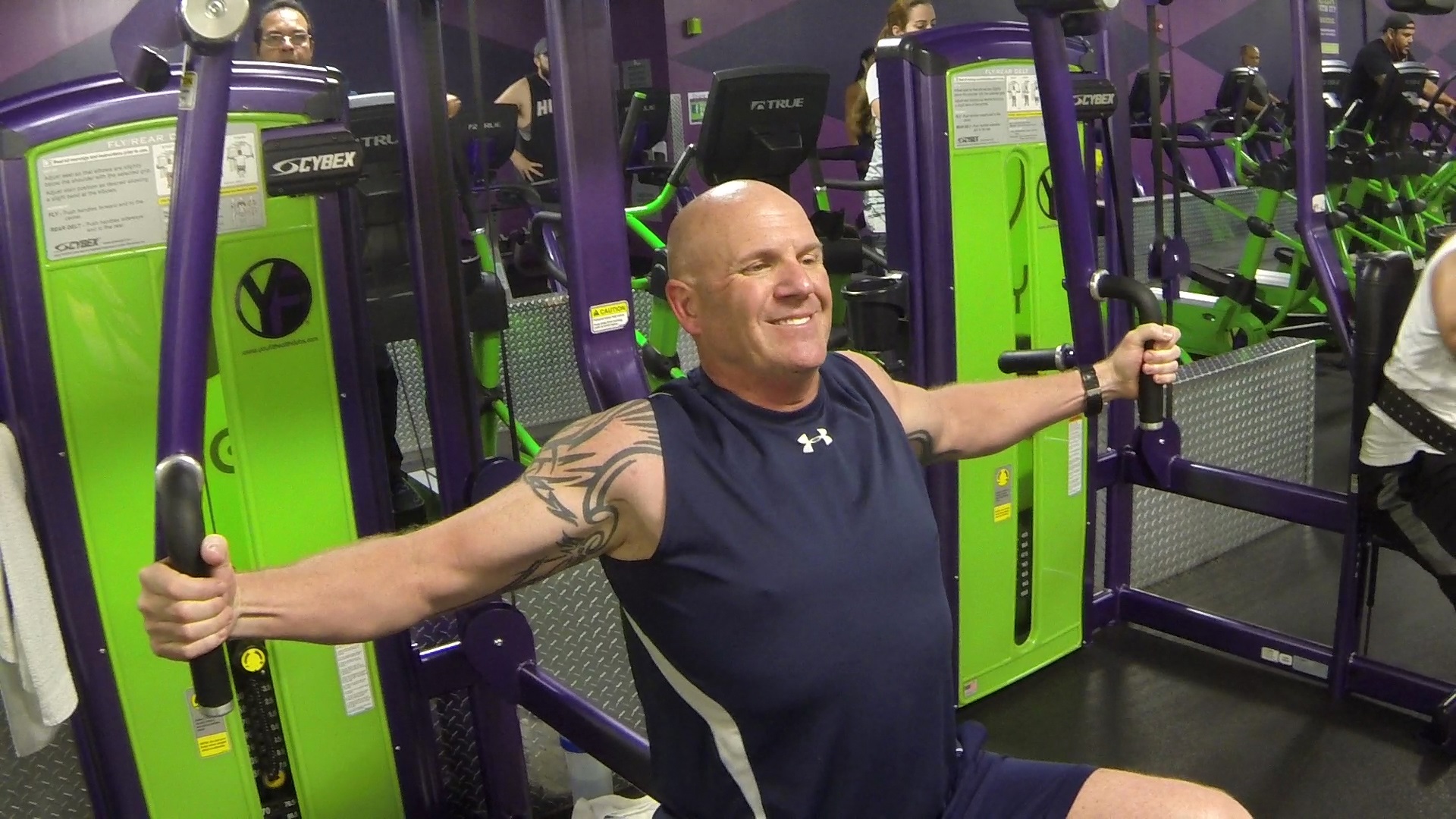 He was transported to Baptist Hospital, a designated comprehensive stroke center. He was quickly evaluated by a specialized stroke team led by Sergio Jaramillo, M.D., a neurologist with Baptist Health Neuroscience Center.
He was transported to Baptist Hospital, a designated comprehensive stroke center. He was quickly evaluated by a specialized stroke team led by Sergio Jaramillo, M.D., a neurologist with Baptist Health Neuroscience Center.
“We obtain a CT scan of the brain, we assess the patient neurologically and come up with a score that tells us how severe the neurological deficit is, and if we think the patient is a candidate for an acute treatment,” said Dr. Jaramillo. The scan revealed an ischemic stroke caused by a blood clot blocking the flow of blood to Mr. Denmark’s brain. He received the intravenous drug tPA, (tissue plasminogen activator), which breaks up blood clots.
“After the administration of the tPA, I started to move my left hand again and I felt tingling,” Mr. Denmark recalled. When he began to regain movement in his limbs, “Everybody was clapping, everybody was high-fiving each other. And that’s when I was like, ‘I might be O.K. here.’”
Read more.
Comprehensive Stroke Center Offers Highest Level of Care (Video)
 Caring for stroke victims needs to be prompt and comprehensive to avoid debilitating or even fatal outcomes. That’s why the Joint Commission, which accredits U.S. healthcare organizations, along with the American Heart Association and American Stroke Association, have maintained a unique alliance since 2003 to promote stroke care in hospitals across the nation.
Caring for stroke victims needs to be prompt and comprehensive to avoid debilitating or even fatal outcomes. That’s why the Joint Commission, which accredits U.S. healthcare organizations, along with the American Heart Association and American Stroke Association, have maintained a unique alliance since 2003 to promote stroke care in hospitals across the nation.
The Joint Commission’s highest level of stroke care — an “Advanced Certification” — is awarded to those hospitals that have specific abilities to receive and treat the most complex stroke cases. More than two years ago, Baptist Hospital joined an elite group of facilities in the United States to be designated by the commission as a Comprehensive Stroke Center.
Read more.
top stories












There are no comments